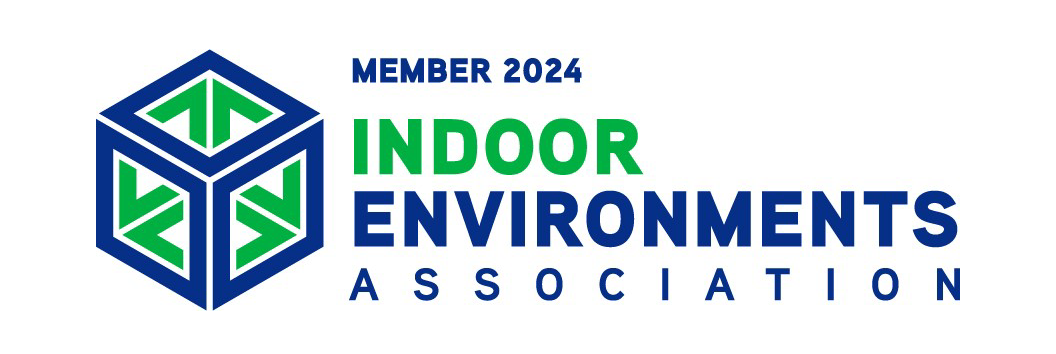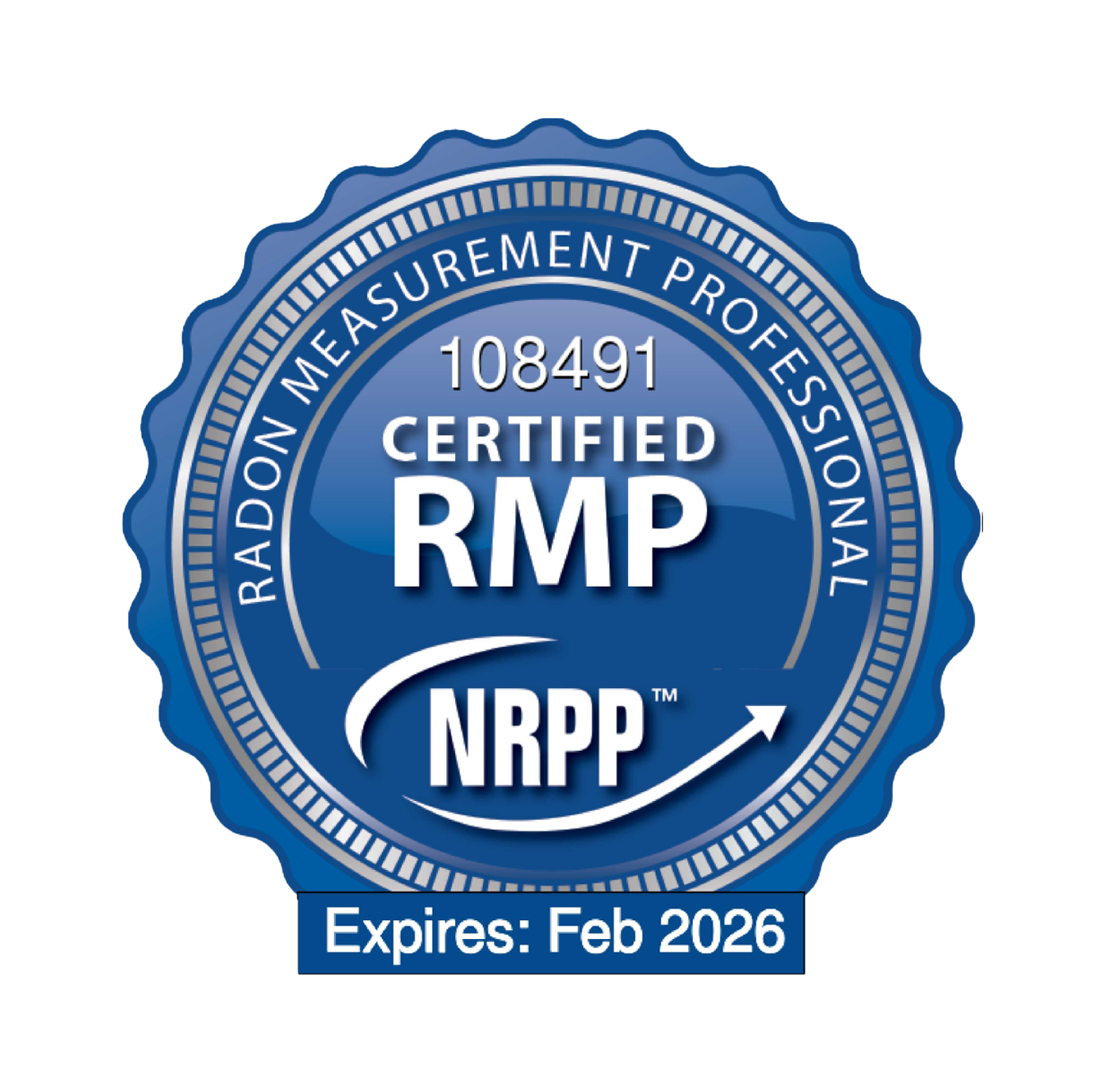Radon FAQ
North Georgia Radon Testing offers professional radon testing services and radon information to homebuyers, sellers, and established homeowners in the North Georgia area. We conduct our business in accordance with the AARST Consortium on National Radon Standards.
Additional Facts about radon
![]()
Radon gas has a half-life of only 3.8 days—the radioactive decay products that form from radon gas during its brief existence are the biggest contributors to health problems related to radon.
![]()
The reason for closed-home conditions before and during a radon test relates directly to the short half-life of radon gas—a home must be closed for 12 hours before the test begins so that equilibrium can occur between the radon actively entering the home and actively decaying, allowing for accurate measurements to be taken.
![]()
If elevated concentrations of radon are discovered, a specialist will need to be contacted to install a radon mitigation system—reducing radon levels requires professional treatment! We are more than happy to recommend independent and unaffiliated radon mitigation specialists in your area.
More information about Radon and Radon Testing can be found at: the EPA’s section on radon and AARST.







